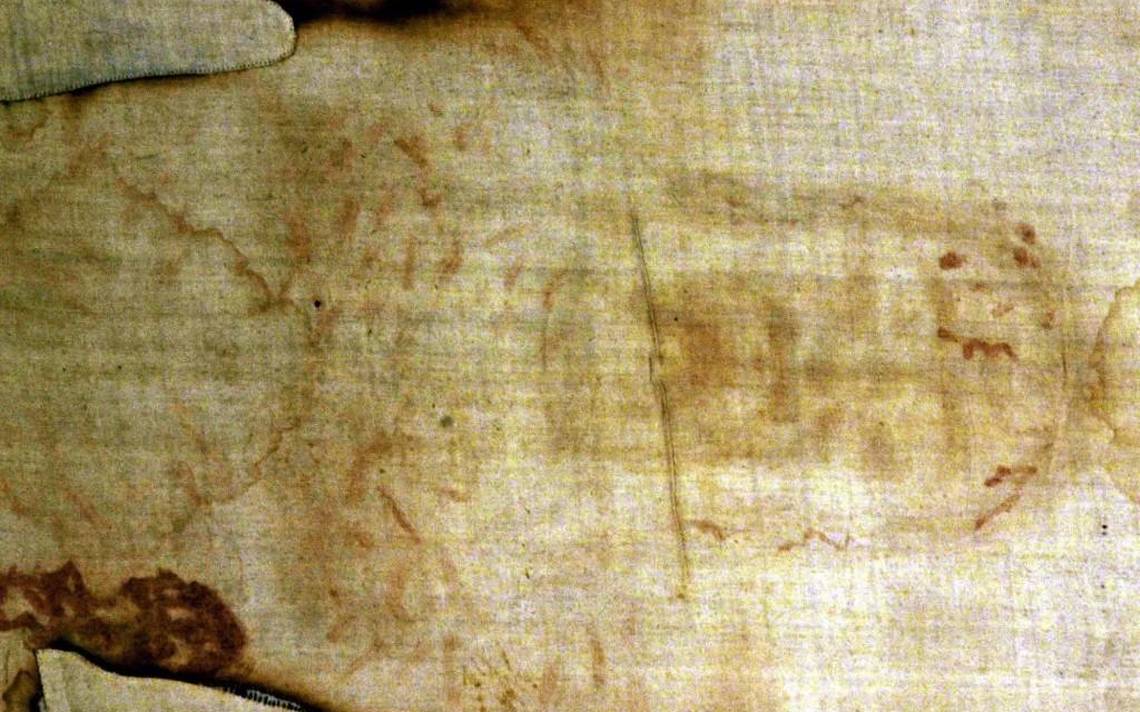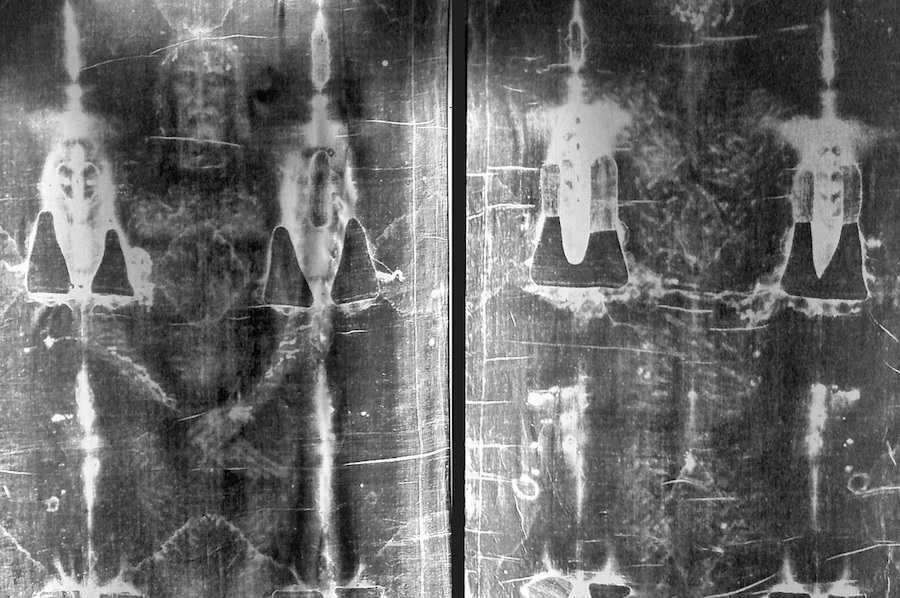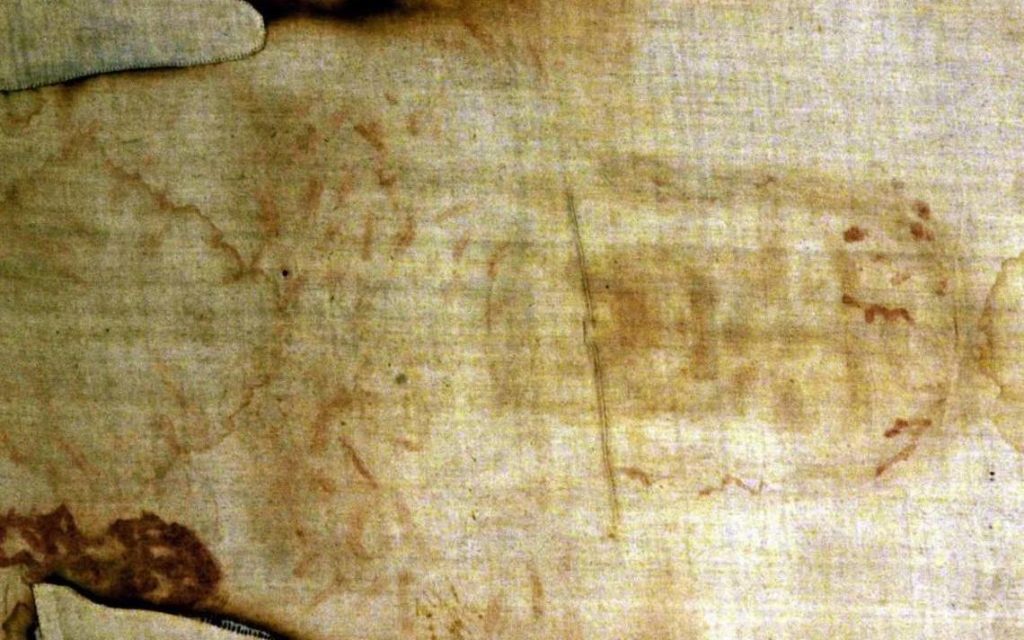
Mysterious Face And Body Of A Man
The shroud of Turin is a burial shroud bearing the image of the face and body of a man on the cloth itself. How the image was fixed to the cloth remains a puzzling mystery. Multiple radiocarbon tests date the cloth back to the Middle ages but many believe otherwise. Concerns have been expressed related to the testing method used to date the cloth. This still remains a hot topic among researchers, scientists and historians. The shroud has been kept inside the Cathedral of Saint John the Baptist in Turin, Italy since the 14th century. So why is this particular burial shroud so important? Many Christians believe the image of the man to be the face and body of Jesus of Nazareth.

Description Of The Shroud
The shroud is a rectangular piece of cloth measuring 14 ft 5 in × 3 ft 7 in. It was woven using a three-to-one herringbone twill. The most amazing characteristic is the brownish faint front and back image of a naked man. The man had his hands folded across the groin area with both views of the cloth aligning on the midplane. The image shows the man as having a beard, moustache and hair to his shoulders. It also appears that the man was muscular and tall. The images and details of the shroud can be better seen using photography in a black and white negative.
Brown and reddish stains on the cloth indicate bleeding wounds. The stains have been examined to great detail and they match the process of crucifixion and the Biblical description of the death of Jesus. Here are the forensic description of the wounds:
- One wrist bears a large wound from piercing
- Upward gouge in the side penetrating into the thoracic cavity.
- Small punctures around the forehead and scalp
- Linear wounds on the torso and legs.
- Swelling of the face
- Streams of blood down both arms

Hypothesis, Studies And The Catholic Church
One of the mains questions is, How did the image become part of the cloth? Some have suggested that Medieval tempera paint was used which produces transparent images. Other hypothesis include acid pigmentation, burial ointments, flash-like irradiation energy source and Maillard reaction. Despite all attempts to recreate the image with modern science all of them have failed. The next question is, Is this really the image of Jesus of Nazareth? In 1988 the University of Oxford conducted a test and dated the cloth fabric to 1260–1390 AD with 95% confidence. That’s more than a millennium after the death of Jesus. Since the cloth had to be repaired throughout history due to damages many claim that this was an “invisible” repair section analyzed. The source of the image and origins of the shroud remains an unsolved mystery. The Catholic Church has neither endorsed or rejected the Shroud of Turin. But in 1958, Pope Pius XII approved the image in association to the devotion of the Holy Face of Jesus.















Leave a Reply
15 Comments on "Shroud Of Turin – Burial Shroud Of Jesus?"
You must be logged in to post a comment.
You must be logged in to post a comment.
This is just more propaganda for the Church
yup,you are right sir.
hard to say if this is fake or not
Yea besides it’s a matter of belief and opinion as well.
Amazing artifact. I wish I had a giant castle with historic items such as this one.
I use to be super Catholic and believed in this….then I grew up. There’s a chance I am wrong, but I am pretty certain this didn’t belong to Jesus.
I am Catholic but I think I can somewhat agree with you on this but then again I am not sure. I am a little indecisive about if it does belong to Jesus.
This is a guaranteed HOAX…the church lied to the people for an entire 1,000 years during the middle ages.
Whether this is the real deal or not it’s going to be heavily protected. Hard to run tests on it.
funny cause I just saw the da vinci code on tv.
Made it to Senior I see. Im on your toes lol
good luck
I think this may be a hoax.
It sure looks like the image of Jesus
Pretty cool. I never knew people used to be buried wrapped in cloth.